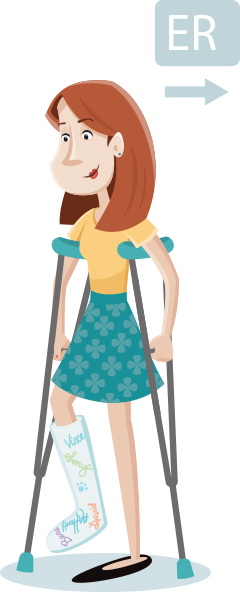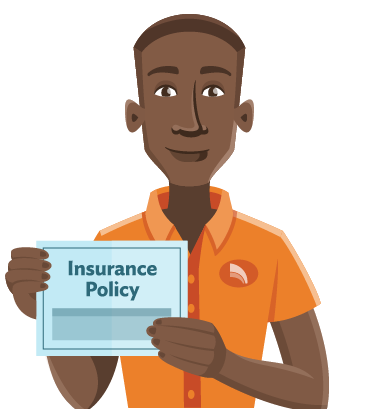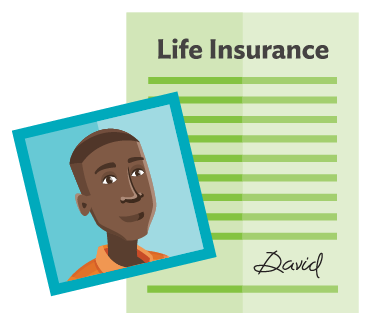Health Insurance

Medical Insurance
No one wants to worry about a trip to the emergency room wiping out everything they’ve saved toward their financial goals. Studies show unexpected medical expenses are the leading cause of bankruptcy in America. Research also tells us that many people cut back on their medications trying to keep medical costs low—a practice that will likely lead to worsening health and higher costs. Many households have significant levels of debt because they didn’t have medical insurance or because they didn’t have savings to pay the expenses that weren’t covered by their health plan. Late payments and defaults on medical debt may be reported on credit reports and affect a person’s credit score.
Whether you are shopping for health insurance on the Healthcare.gov marketplace or completing the annual enrollment in your employer’s health insurance plan, consider your budget and short-term savings balance. Medical insurance pays for some, but not all, of your doctor, hospital and prescription drug costs. Do you have enough emergency savings to cover the deductible and out-of-pocket copays? When you estimate the number of copays for doctor visits in a year, you might find that the health plan with the lowest premium is not such a good deal. Choose your medical coverage/deductibles carefully, and consider your household circumstances. For example, if your kids participate in sports, be sure you are covered in the event of an injury.
The Affordable Care Act requires that most Americans obtain health insurance or pay a penalty (the individual mandate). The penalty, or per month fee, is added to your personal income taxes due for the tax year and could reduce your tax refund. Families earning between 100 percent and 400 percent of the federal poverty level are eligible for a premium tax credit if they are not eligible for employer-provided coverage and if they enroll in the Healthcare.gov marketplace for coverage during the enrollment period. Payments of the premium tax credits go directly to the insurance company selected by the enrollee to pay a share of the monthly premium.

People eligible for Medicaid may enroll anytime throughout the year. Parents can also apply for Children’s Medicaid (CHIP) for their children year-round. Every state provides free or low-cost health insurance for children in low- to moderate-income households. For more information about state programs, contact the U.S. Department of Health and Human Services at 877-Kids Now (877-543-7669) or go to www.insurekidsnow.gov.
Basic medical coverage can promote preventive health care, which is very important for you and your children. Your family’s health is an asset. Protecting your health and having basic medical insurance coverage can give you peace of mind to focus on achieving your other life goals.

People who are insured through their employer should consider participating in a flexible spending account (FSA) if it is offered. An employer–sponsored FSA allows employees to save pretax dollars in an account to cover deductibles, copays, prescription and over-the-counter drugs, and other health expenses not covered by insurance. Employees need to plan their FSA spending so they have enough saved to cover their uninsured medical expenses but not more than they can use in one year plus two and a half months. On March 15 every year, money left in an FSA from the previous year is forfeited.
Even if you have health insurance, you should make sure your emergency savings account is adequate to provide a safety net against unexpected medical costs.
Disability Insurance
Statistics show that you have a higher risk of becoming disabled than of dying before age 65. Disability insurance helps you pay living expenses if you are sick or injured and unable to work for a long time. Your employer may offer this insurance in its benefits plan. Consider buying this protection even if you have to pay for part of the premium.
Buy Insurance Wisely
Insure U, a website sponsored by the National Association of Insurance Commissioners representing insurance regulators from across the United States, has more information on buying all types of insurance at www.insureuonline.org.






